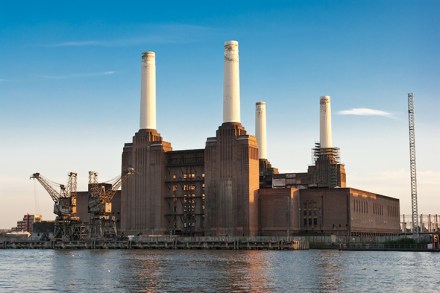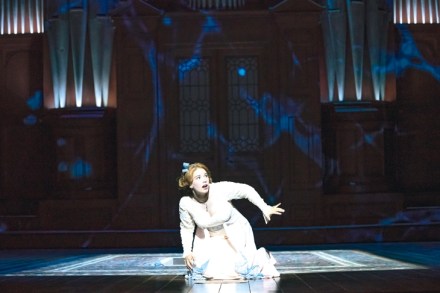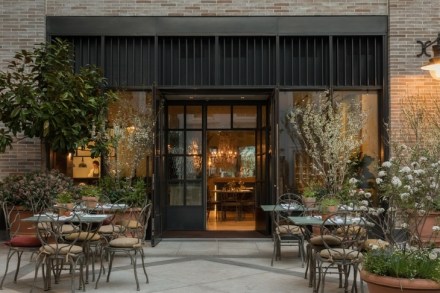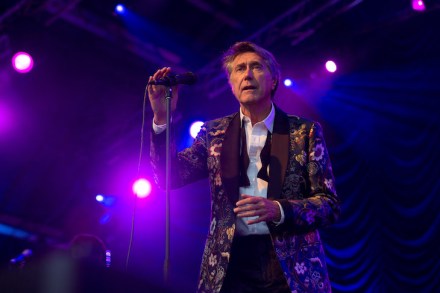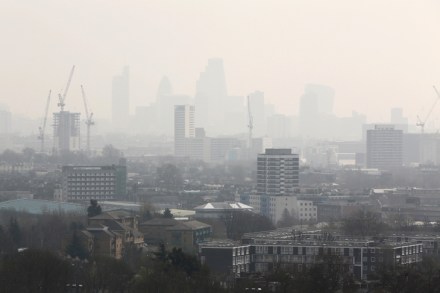Battersea Power Station
Battersea Power Station once generated nearly a fifth of London’s power. It must have hummed and clanked almost as much as it does today while its transformation proceeds noisily. Graphic prints of it are two a penny across the capital, but I’m fond of them because the power station is my near neighbour. I still thrill to glimpse it framed by rows of Victorian semis, especially now that the new chimneys are lit dramatically at night, red crane lights dotted about them like a spiky ruby crown. Across the world it has celebrity status, thanks to the cover of Pink Floyd’s 1977 album Animals. The band’s inflatable pink piggy caused
